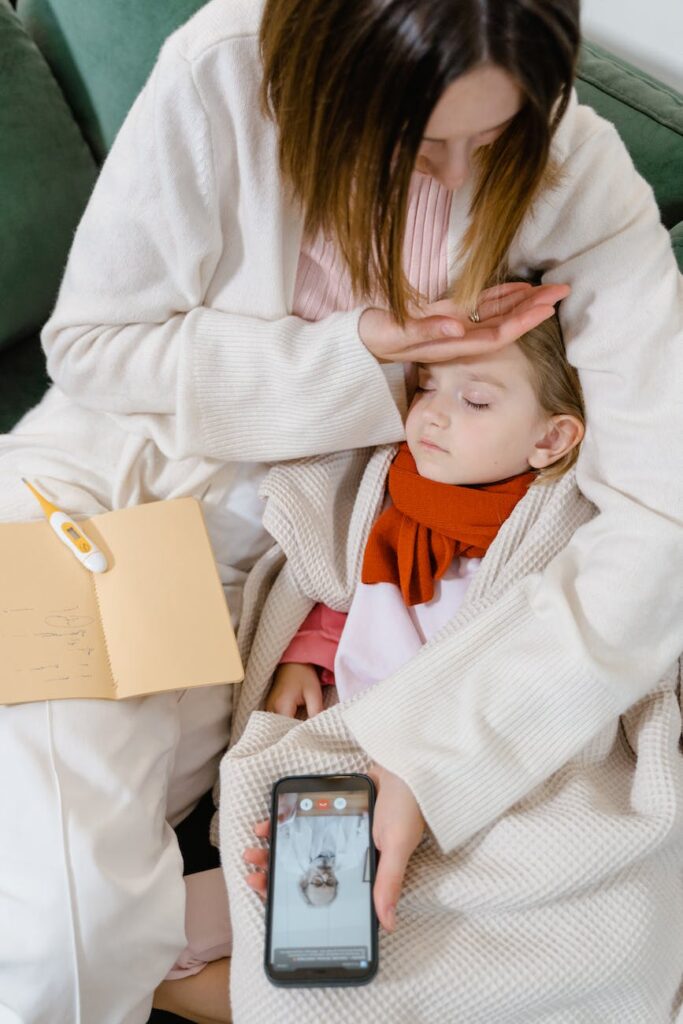
Introduction
As a parent, you know that giving your child medicine is an important part of his or her health. Dr Louis Hamper, if your pediatrician has prescribed medication for your child, it’s critical to make sure you’re giving the right amount and using it correctly. Here are some things you should know about pediatric medicines:
What You Should Know About Pediatric Medicines
If you’re a parent and have ever had to give your child medicine, you know that it’s a lot of work. You have to measure out the right amount, get them to take their medicine, then clean up any spills or messes left behind.
But there’s more than just measuring out the right dose for your child: with pediatric medicines, there are other things for parents to consider before giving their children medicine.
When To Give Medicine
- When To Give Medicine
Give your child’s medicine at the same time every day, if possible. This will help your child get used to the medicine and make it easier for you to remember when they need it. If a dose is missed, give it as soon as you notice that you have missed one. If this is not possible or necessary (for example if your child has only been taking the medicine for a few days), wait until the next dose would normally be due and then skip back to giving it again on schedule.
If you are not sure when or how much of an infusion should be given, ask your doctor or pharmacist.
Why Does Dosing Matter?
The dosing of medications should be based on the weight and age of your child. The most common way to do this is by prescribing a “milligram” per kilogram (mg/kg) dosage, also known as millimolecular units per kilogram (mmol/kg). It’s important for you to understand how this works because it prevents overdosing and underdosing—both of which can result in serious complications or even death.
The reason why dose matters is because if a child takes too much medication, they’ll have adverse side effects like vomiting or diarrhea. On the other hand, if they take too little medication then they won’t feel any effects whatsoever!
How Can You Get A Correct Dose?
The best way to ensure that your child takes the correct dosage of medicine is to follow the dosing instructions carefully.
If you are making a medicine yourself, always read and follow the label. Never give children more than what is prescribed by their doctor or pharmacist and do not give them one medicine if they need another. This can be dangerous and may cause side effects or allergic reactions!
Always talk to your child’s pediatrician about the right medication for your child, and follow the instructions on the product.
When choosing a medicine for your child, always talk to his or her pediatrician first. Your doctor will know what’s best for your kid and whether the medicine is appropriate for their age group.
When you get a prescription from your doctor, read it carefully. It should tell you how much of the drug to give your kid and how often they should take it (usually three times per day). If there are any special instructions on how to give the medicine, pay attention to these as well—don’t give pills with food or milk if these directions say not too!
Also make sure that you use a measuring cup or dropper when giving liquid medication because eye drops can be tricky if given incorrectly.
Conclusion
Always talk to your child’s pediatrician about the right medication for your child, and follow instructions on the product.